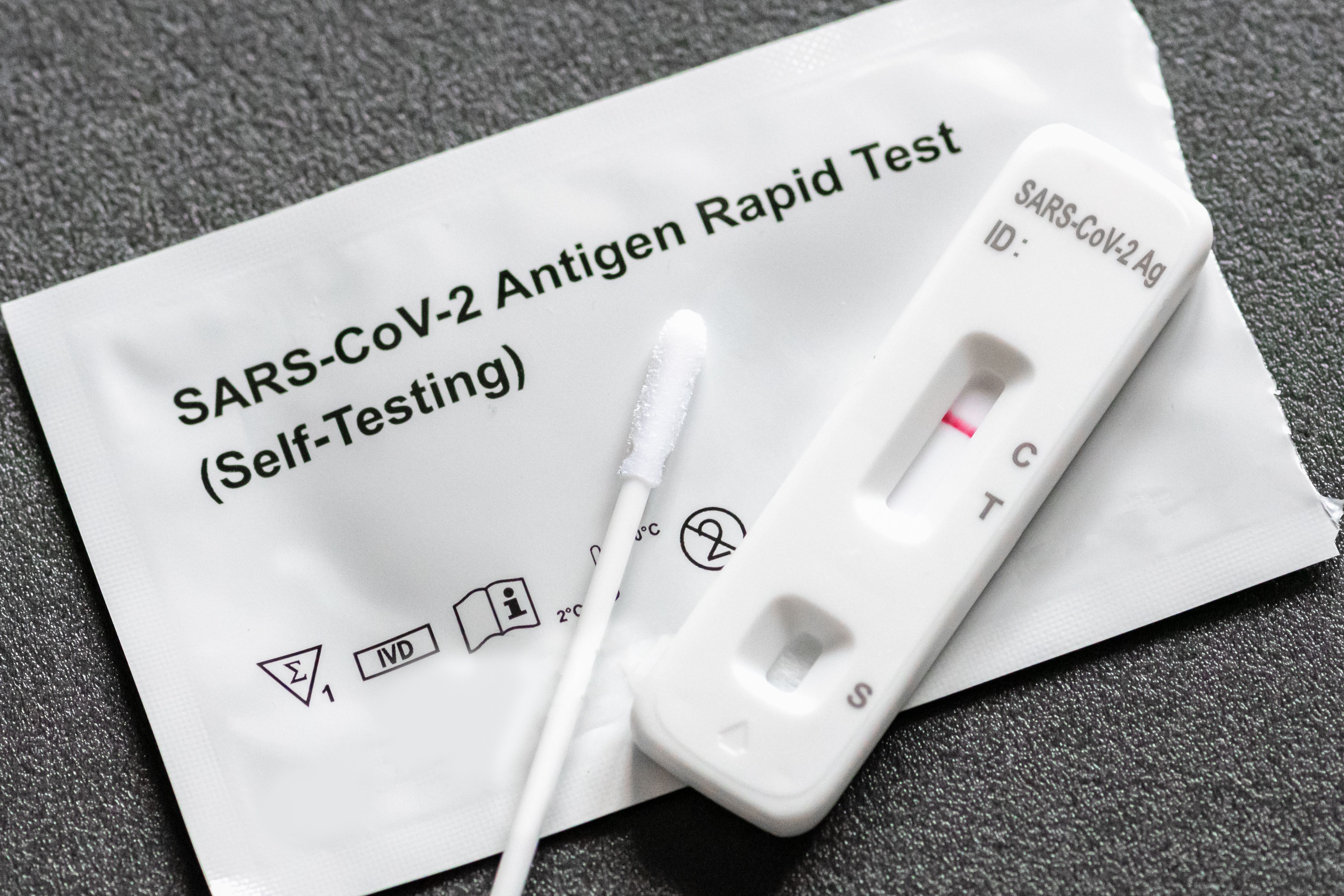High False-Positive Rate with Rapid Antigen Test for SARS-CoV-2 Linked to Single Batch from Manufacturer
Study finds high false positive results with one batch of a rapid antigen test for SARS-CoV-2 but "very low" overall false positive rate.

Although the overall rate of false positive rapid antigen tests for SARS-CoV-2 was very low in a study of over 900,000 tests administered in Canada, investigators found that 42% of positive tests were false, with a high cluster from one batch of tests from a single manufacturer.
The investigators were able to determine the rate of false positive rapid antigen test results during the study period from January 11 to October 13, 2021 from a program implemented then by the Creative Destruction Lab Rapid Screening Consortium (CDI, RSC) for twice weekly testing at workplaces throughout Canada and confirmatory polymerase chain reaction (PCR) testing within 24 hours of a positive rapid test result.
Joshua Gans, PhD, Rotman School of Management, University of Toronto, Toronto, Ontario, Canada, and lead author of the report, told Contagion that the program no longer requires a PCR confirmation.
"When you are screening rapidly using RATs (rapid antigen tests), there is no need for PCR confirmation unless there is an anomaly, such as a surprising number of positive tests on a single day at a location—which could indicate a batch issue," Gans explained..
"To be on the safe side, a positive RAT could be followed up with a second RAT, perhaps from a different manufacturer," he advised.
Gans and colleagues found 1322 positive results in 903,408 rapid antigen tests conducted in 537 workplaces; with 1103 of the positive rapid tests followed by PCR testing.462 of the 1103 (42%) were determined to be false positive, with 278 of these (60%) at 2 workplaces, from the same lot-batch of Abbott's Panbio COVID-19 Ag Rapid Test Device.
"The results demonstrate the importance of having a comprehensive data system to quickly identify potential issues," Gans and colleagues wrote."With the ability to identify batch issues within 24 hours, workers could return to work, problematic test batches could be discarded, and the public health authorities and manufacturers could be informed.
The investigators also point out that false-positives are possible due to administering the test too early or late in the infectious stage, or from incorrectly performing the self-test.
Despite finding that 42% of positive results were false, Gans emphasized the relevance of the low overall rate."Since the public health people didn't want rapid tests because it would overwhelm the system with false positives, the number (462 false positive out of 903,408 tests administered)...is the relevant one. The other accuracy means little when preventing outbreaks," he asserted.
"The (rapid antigen) tests provide potentially useful information but they are less useful as a control strategy when there is high COVID prevalence, as we have now," Gans said. "However, they will be useful over the next year for workplaces to reduce the risk of outbreaks by breaking chains of transmission."
Gans and colleagues acknowledged several study limitations, including convenience sample of workplaces, and that reporting of PCR confirmatory results and identification of lot number were not compulsory. In addition, they note that the demographics of Canada may limit generalizing the results to other countries.
